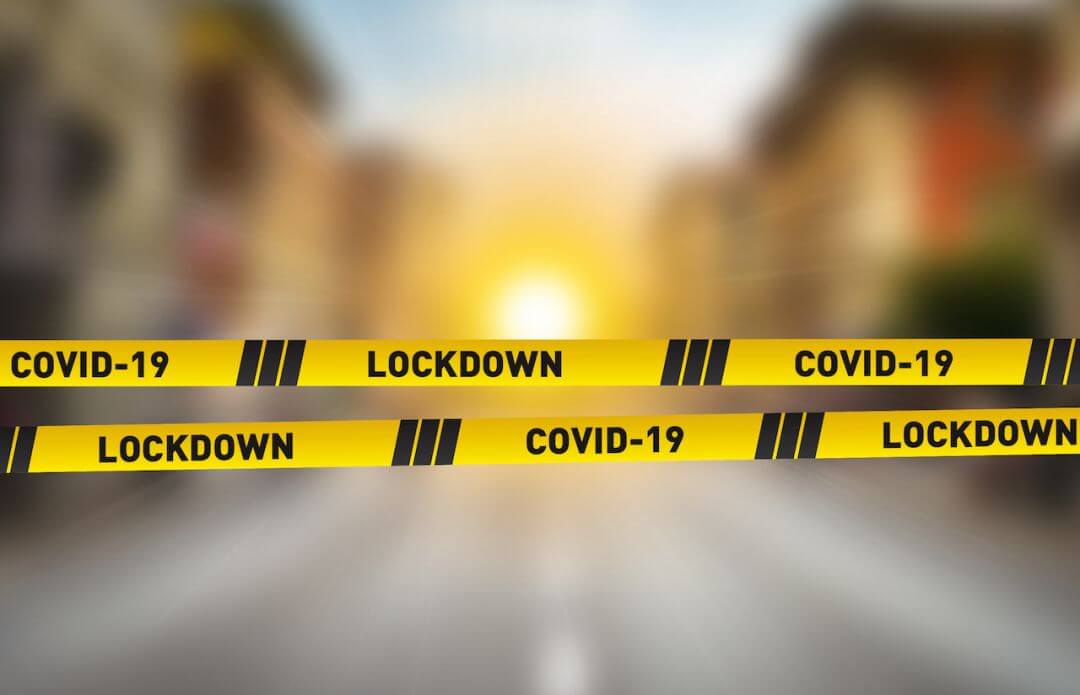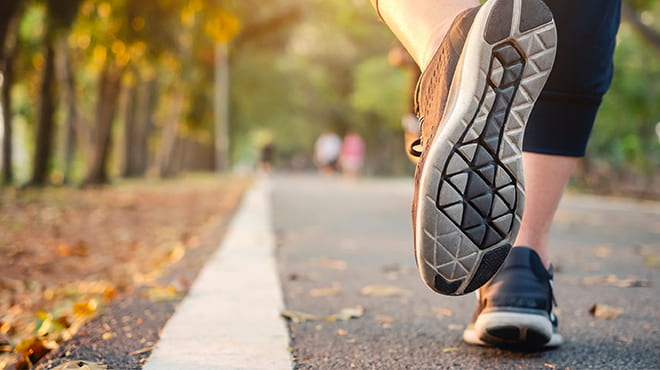A large effect of COVID that isn’t talked about too often is its impact on people’s ability to exercise. Remember during lockdown when we were stuck inside for 2 months? Well during those two months, unless you were fortunate enough to have a home gym, there was a large drop-off in exercise. I know for me, I put on a few pounds because of this, and I even tried to maintain some improv fitness.
One of my go-to exercises during COVID lockdown was running. This not only gave me the opportunity to be outside (a rare thing to have at that time) but it also helped me keep a little bit of fitness in my routine. It was literally a breath of fresh air getting out of the house and experiencing a small piece of normal life at that time. However, it was still quite a struggle to achieve sufficient exercise.
A funny outcome from the lockdown appeared in my football practices. Because we could no longer meet in person, my coaches decided to hold zoom calls where the team would workout together with whatever supplies they could find. We would do an exercise and figure out how to jerry-rig a weight to fit the exercise. I remember one of my teammates was using cinderblocks as his weight, and another used a bucket of concrete. Although very improvisational, these zoom workouts promoted fitness and creativity in a time where it was very tough to create sufficient workouts.
The pandemic, however, also had a large effect on fitness even after lockdown. I noticed that once gyms opened back up, they were very empty. You would think that people would be itching to get back in, but it was the opposite. Maybe it was the lingering fear associated with the pandemic, but it might also be the fact that many people decided to build home gyms during the lockdown. No longer needing a gym membership, these people contributed heavily to the lack of people in gyms. This made a major impact on the gyms. In fact, the gym I go to at home, LA Fitness, is planning on closing in the next year because of the lack of members.
So the pandemic has had a very large effect on people’s exercise and especially, how they exercise. Many of us took a hiatus during the two months of lockdown, and this hiatus brought lasting change.





/how-sleep-affects-mental-health-4783067_V2-2ce9483affb34f50bf7406c013767f11.gif)
